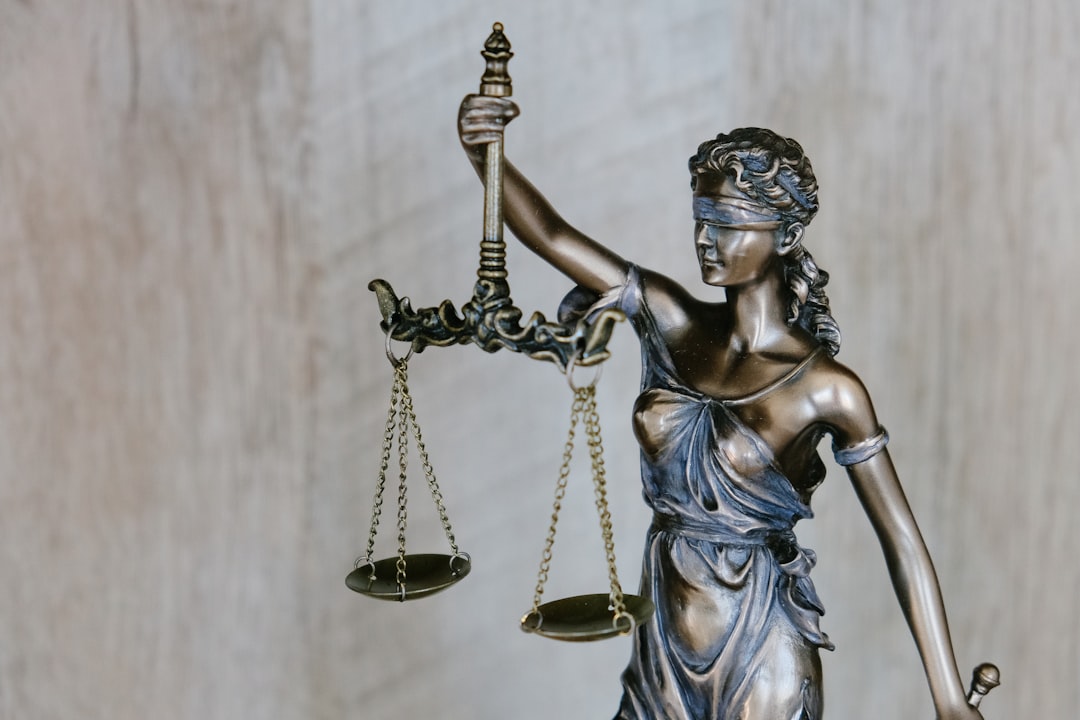In New York, businesses using autodialers or prerecorded messages must obtain prior express consent from recipients to avoid legal consequences. Consumers violated by unsolicited robocalls can seek redress with specialized autodialer lawyers and law firms. Businesses should analyze complaints, review call records, and assess potential violations of the Telephone Consumer Protection Act (TCPA). Engaging in transparent communication and implementing opt-out mechanisms mitigates legal risks and maintains customer trust. An autodialer lawyer New York, attorney, or law firm can navigate complex state and federal laws, ensuring compliance and fostering positive relationships with customers.
In New York, consumer complaints about robocalls and autodialers are on the rise. Understanding state regulations is crucial when responding to these issues. This article guides you through effective strategies, including how an autodialer lawyer in New York can help navigate legal complexities. Learn best practices for building trust, transparent response strategies, and preventive measures to mitigate risks. For businesses seeking autodialer lawyers in NY or autodialer attorneys in New York, this is a comprehensive resource on managing robocall complaints while ensuring compliance with local laws.
Understanding New York's Regulations on Robocalls and Autodialers
In New York, the regulation of robocalls and autodialers is a complex legal landscape that businesses and consumers alike must navigate. The state’s laws are designed to protect residents from unwanted and intrusive automated calls, ensuring their privacy and peace of mind. According to the New York State Attorney General’s Office, companies using autodialers or prerecorded messages must comply with strict guidelines, including obtaining prior express consent from recipients before making any such calls. This means that businesses seeking to market their products or services via robocalls need to ensure they have the necessary permissions in place, as violation of these regulations can result in significant legal consequences.
When addressing consumer complaints related to robocalls, having a deep understanding of New York’s autodialer law is crucial. Consumers who feel their rights have been violated by unsolicited or unauthorized robocalls can seek redress through legal channels, often involving an autodialer lawyer or autodialer attorney in New York. Many reputable autodialer law firms in New York specialize in representing clients aggrieved by such practices, offering guidance and legal support to help resolve disputes effectively. Staying informed about the evolving laws surrounding robocalls is essential for businesses aiming to comply and avoid potential legal issues, ensuring a harmonious relationship with their customers.
Assessing and Responding to Consumer Complaints Effectively
When consumers in New York file complaints about robocalls from autodialers, businesses and autodialer lawyers must respond swiftly and strategically. Assessing the complaint involves understanding not just the specifics of the call but also the nuances of relevant laws, such as the Telephone Consumer Protection Act (TCPA). A qualified autodialer attorney in New York will analyze the allegations, review call records, and determine if there was any violation.
An effective response aims to acknowledge the consumer’s concern, express empathy, and outline concrete steps being taken to resolve the issue. This may include blocking future calls, implementing stricter call-screening protocols, or providing a clear path for opt-out requests. Engaging with consumers openly and transparently helps mitigate legal risks associated with autodialer practices while fostering trust and loyalty among customers.
The Role of an Autodialer Lawyer in Navigating Legal Complexities
When dealing with consumer complaints regarding robocalls in New York, an autodialer lawyer plays a pivotal role in navigating the legal complexities that arise. With strict regulations surrounding telemarketing practices, such as those enforced by the New York Attorney General’s Office, it’s crucial to have legal expertise on your side. An autodialer attorney specializing in this area understands the intricate details of state and federal laws, ensuring compliance and providing guidance on how to effectively respond to these complaints.
In New York, an autodialer law firm or lawyer can assist businesses in crafting appropriate responses, documenting interactions with consumers, and understanding their rights and responsibilities under the Telephone Consumer Protection Act (TCPA). Their knowledge enables them to help companies avoid costly legal repercussions and maintain a positive reputation while effectively addressing customer concerns related to robocalls.
Building Trust and Transparency in Your Response Strategy
Building trust and transparency is paramount when responding to consumer complaints about robocalls in NY. As an autodialer lawyer or attorney in this state, your response strategy should be designed with authenticity and clarity in mind. Start by acknowledging the customer’s frustration openly, demonstrating empathy, and assuring them that their concern is being taken seriously. This immediate recognition can defuse tension and set a positive tone for the interaction.
Provide detailed explanations about how your autodialer practices comply with New York’s phone marketing regulations, ensuring transparency in your operations. Clearly communicate any measures taken to prevent similar incidents in the future, such as improved call screening or consumer opt-out mechanisms. Engaging in honest dialogue and offering transparent solutions will foster trust between your firm and the aggrieved consumer, potentially turning a negative experience into an opportunity to strengthen client relations.
Preventive Measures: Mitigating Risks Through Compliance and Education
To effectively manage consumer complaints about robocalls in NY, businesses and individuals must first focus on preventive measures. One crucial step is to ensure compliance with state and federal regulations governing autodialers. The Telephone Consumer Protection Act (TCPA) restricts the use of automated dialing systems, and violating these laws can result in substantial fines. Engaging the services of an experienced autodialer lawyer or attorney in New York can help businesses navigate these complex regulations, ensuring their practices are legal and compliant.
Education is another vital component of risk mitigation. Consumers should be made aware of their rights regarding robocalls and the options available to them if they receive unwanted calls. Businesses can implement training programs for their staff to recognize and handle consumer complaints more efficiently. By combining legal compliance and consumer education, companies can significantly reduce the likelihood of facing complaints related to autodialers, thereby fostering a better public image and stronger customer relationships.






